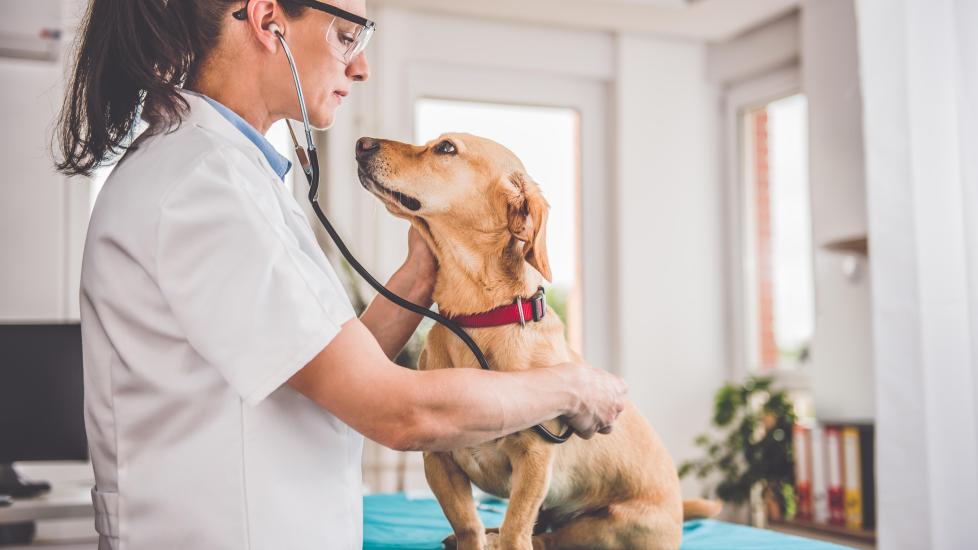Title: Kennel Cough in Dogs: Symptoms, Prevention, and Treatment Options
Introduction:
As a pet owner, one of the most concerning issues that can arise is kennel cough. This highly contagious respiratory infection affects dogs and is commonly spread through contact with other infected animals or by inhaling contaminated airborne particles. It’s crucial to be aware of its symptoms, preventive measures, and treatment options to ensure your beloved pooch stays healthy and happy.
Symptoms:
The telltale signs of kennel cough include a dry hacking cough, which may sound like a goose honk or a barking noise. Your dog might also show signs of nasal discharge, sneezing, lethargy, fever, loss of appetite, and difficulty breathing if the condition worsens. These symptoms typically appear within 5-10 days after exposure.
Prevention:
To protect your furry friend from kennel cough, consider the following preventative steps:
-
Vaccination: Ensure your dog receives all recommended vaccinations, including those for Bordetella (a common cause of kennel cough). Boosters may be necessary depending on your dog’s lifestyle and level of socialization.
-
Quarantine New Pets: If you bring a new puppy or rescue dog into your home, keep them separate from your resident pets until they have been fully vaccinated.
-
Practice Good Hygiene: Regularly clean and disinfect surfaces that multiple dogs come into contact with, such as toys, bedding, and grooming equipment.
-
Limit Exposure: Avoid places where dogs congregate closely, especially if there has been an outbreak of kennel cough reported in the area.
Treatment:
If your dog does develop kennel cough, prompt action is key. Here are some treatment strategies often employed by veterinarians:
-
Antibiotics: In severe cases, antibiotics may be prescribed to treat bacterial infections that can complicate kennel cough. However, not all strains of kennel cough require antibiotic therapy.
-
Humidification: Using a humidifier in your dog’s environment can help soothe their irritated throat and make it easier for them to breathe.
-
Rest: Keep your dog quiet and inactive during recovery to minimize stress on their respiratory system.
-
Medications: Over-the-counter cough suppressants should only be used under veterinary guidance as some can be harmful to dogs.
Conclusion:
By understanding the symptoms, prevention methods, and treatment options available for kennel cough, you can provide your canine companion with the best possible care. Remember that every dog is different, and what works for one pup may not work for another. Always consult with a qualified veterinarian for personalized advice regarding your dog’s health needs.
